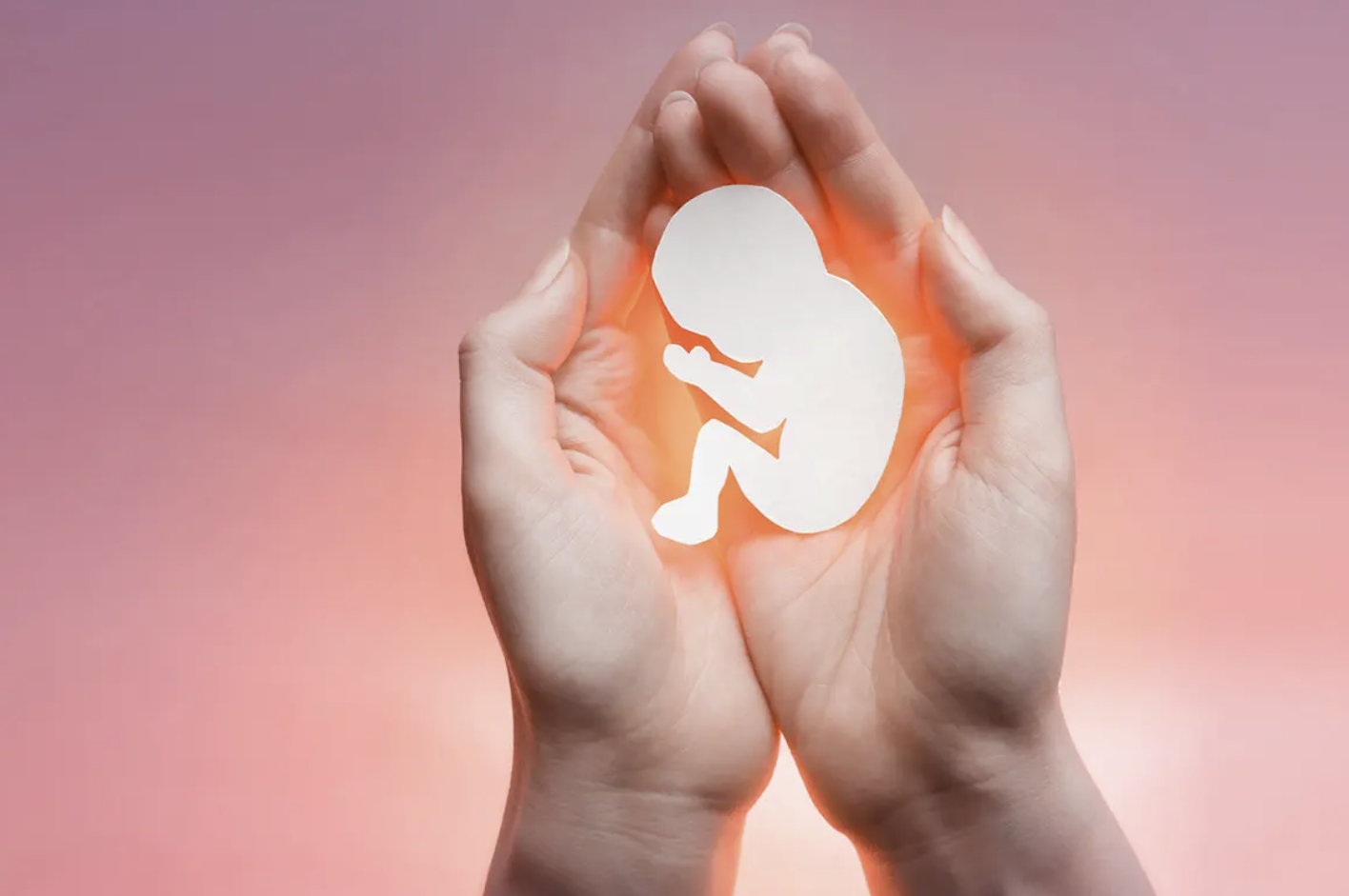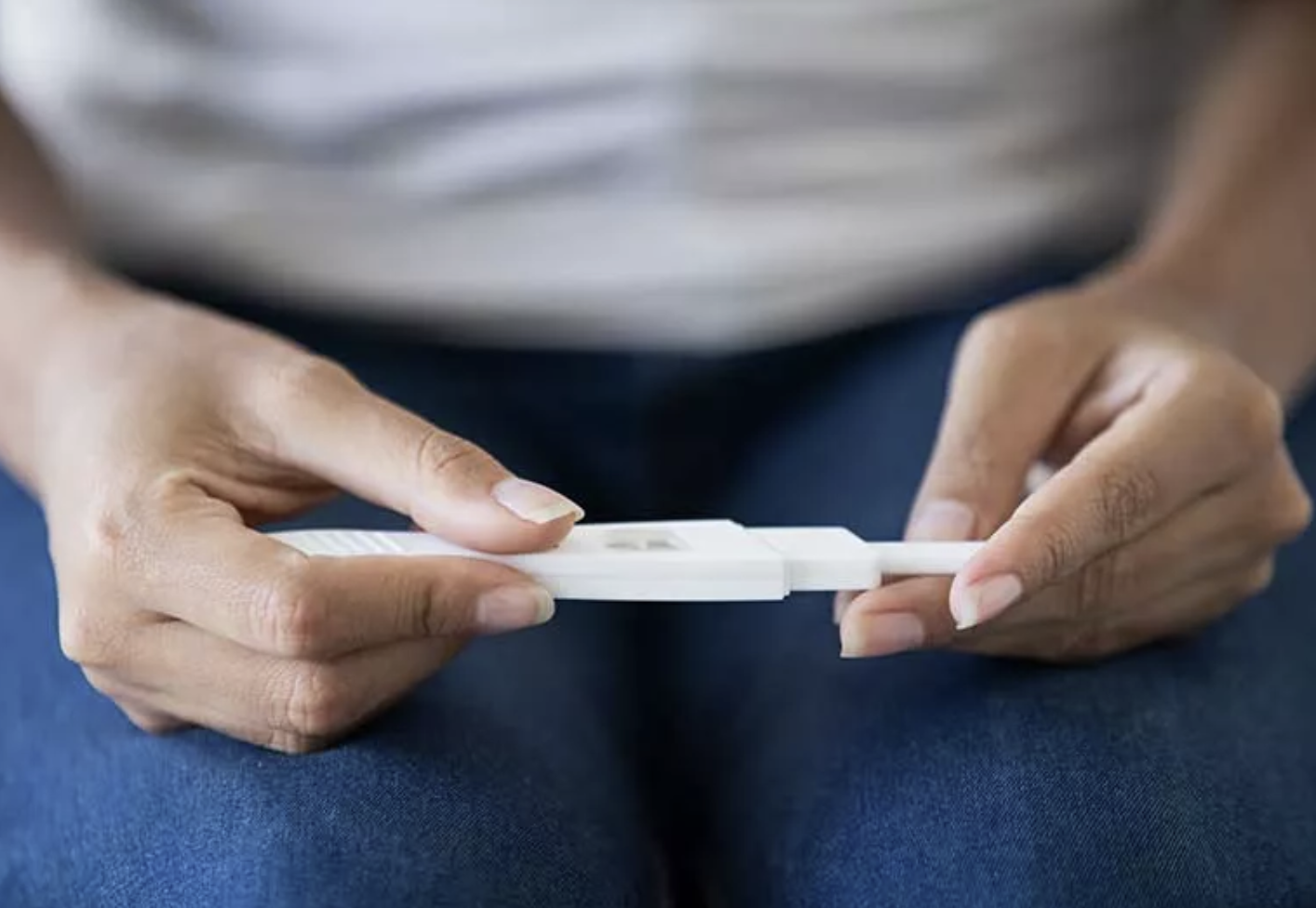
Experiencing a Miscarriage: 3 Key Things to Understand

A miscarriage occurs when a pregnancy ends naturally before the 13th week. It’s also referred to as an early pregnancy loss and can even happen before you realize you’re pregnant.
There are a few ways you might discover you’re having a miscarriage. Sometimes, it involves cramping or bleeding, but in other cases, there are no symptoms, and the miscarriage is detected during an ultrasound. Miscarriages can happen whether the person wants to continue the pregnancy or not, and how someone feels about it varies widely. There is no “right” or “normal” reaction – emotions can range from sadness and relief to anger or confusion, and some might even feel a mix of emotions, or none at all. Whatever you feel is completely valid.
If you’re talking to your healthcare provider about the miscarriage and what comes next, keep these three things in mind.
- It’s not your fault.
Miscarriages usually happen due to issues with the pregnancy itself, such as problems with the fertilized egg or missing genetic information. Most of the time, it’s no one’s fault – it’s just the body’s way of ending a pregnancy that can’t continue. While certain health conditions, like diabetes or clotting issues, can increase the risk, they’re rare causes of miscarriage. Similarly, some behaviors, like heavy drinking during pregnancy, can raise the risk, but generally, miscarriages aren’t caused by something you did or didn’t do. Forgetting a prenatal vitamin, having coffee, normal exercise, or even having sex doesn’t cause a miscarriage. And using hormonal birth control before or after pregnancy (without knowing you’re pregnant) does not cause one. - Miscarriages are really common.
Miscarriages can feel very isolating because it’s not something we talk about much, but they’re actually quite common. Around 15% of pregnancies end in miscarriage, and the number is even higher if you include pregnancies where the person didn’t know they were pregnant yet. - You have time to decide what to do next.
If you think you’re having a miscarriage, it’s important to consult your healthcare provider, but generally, unless there’s heavy bleeding or other complications, you have time to consider your options. If the pregnancy tissue has already passed and the bleeding has stopped, the miscarriage is over, and you likely won’t need any further treatment, just time to recover.
In some cases, though, the pregnancy stops growing but the tissue hasn’t passed yet. This can be a “missed” miscarriage, or if some tissue has passed but not all, an “incomplete” miscarriage. In these cases, your provider will discuss treatment options to help complete the miscarriage. There’s no single “right” option, but here are the possibilities:
- “Watch and wait” (expectant management):
This approach allows your body time to expel the pregnancy tissue naturally. It’s a more passive option, but it might take a while, and the timeline is unpredictable. Most people will pass the tissue within two weeks, but it can take longer. This option doesn’t involve any medical procedures or medications. - Medication (misoprostol or mifepristone and misoprostol):
If the tissue hasn’t passed on its own, your provider might suggest medication to help start the process. The medication should help your body pass most of the tissue within a few hours, but bleeding may continue for up to six weeks. This gives you more control over the timing and allows you to manage it at home, but about 15-20% of people may still need a procedure afterward. - Procedure (aspiration or D&C):
In cases where the miscarriage isn’t complete, a procedure can be done to remove any remaining tissue. It can often be done in the office, and there are options for pain relief, including local anesthesia, sedation, or general anesthesia. This option ensures that all tissue is removed and reduces the chances of needing further treatment.
Each of these options is safe, and your provider can help you decide which one is best for you based on your situation and preferences.
Take care of yourself
If you’re experiencing a miscarriage, it’s important to prioritize your physical and emotional well-being. Explore your options with your healthcare provider, and remember that you can seek a referral if the treatment you prefer isn’t offered. Your comfort with the process is key, and there’s no one-size-fits-all solution.





